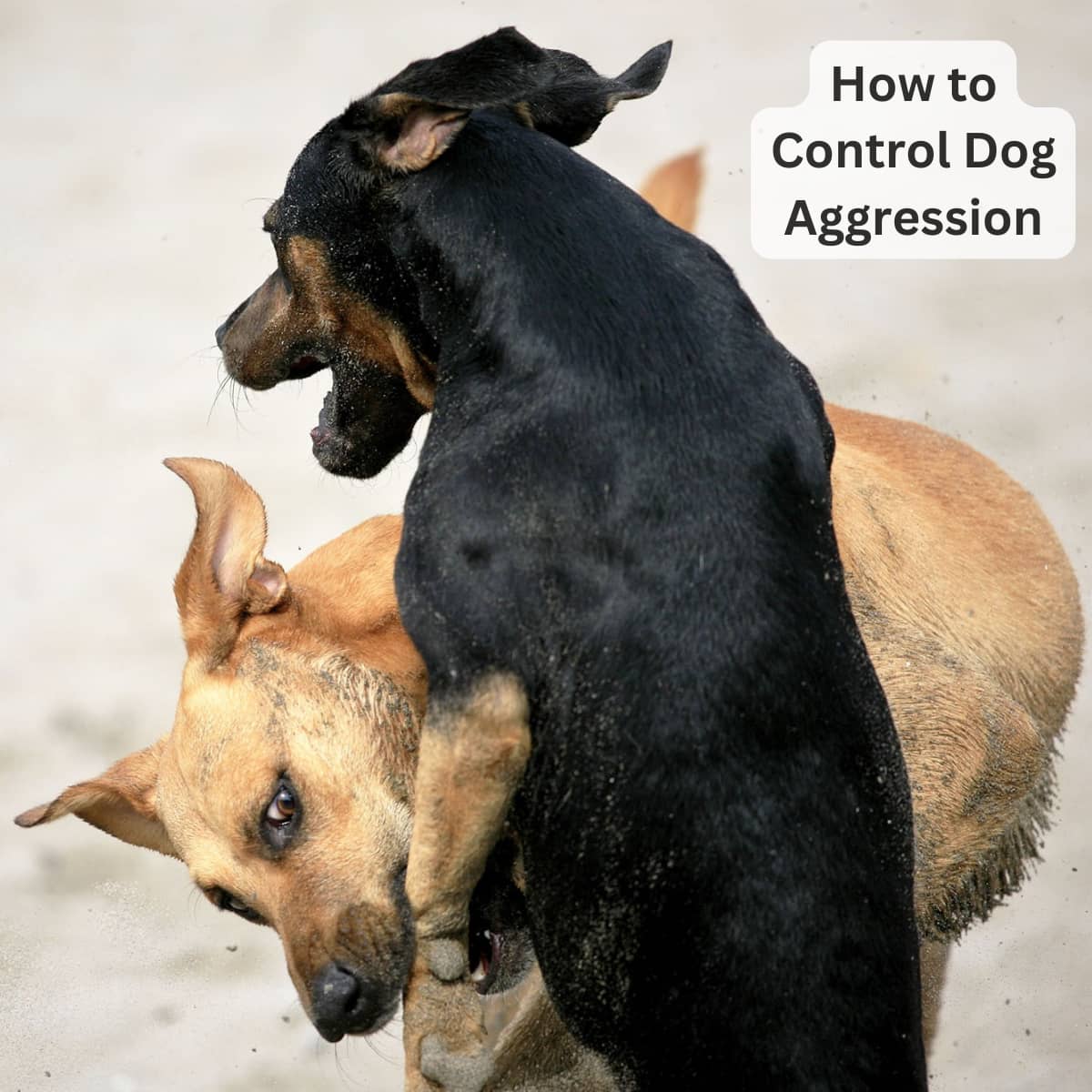Dog aggression is a common behavior problem that can be dangerous and stressful for both the dog and their owners. Understanding the root cause of aggression is crucial in finding the right solution to control it.
Understanding the Causes of Dog Aggression
There are many different reasons why dogs may display aggressive behavior, such as fear, territorial behavior, possessiveness, and dominance. It’s important to understand the specific trigger for your dog’s aggressive behavior in order to effectively address it.
Training and Socialization
Training and socialization can be effective in reducing and preventing aggressive behavior in dogs. Basic obedience training can teach your dog to respond to commands and improve their overall behavior. Socialization, on the other hand, helps your dog become comfortable and confident in different environments and with other people and animals.
Consistency and Positive Reinforcement
Consistency and positive reinforcement are important in controlling dog aggression. Using positive reinforcement techniques, such as treats and praise, can encourage good behavior and discourage aggressive behavior. Consistency in training and behavior management is also key, as inconsistency can confuse and frustrate dogs, leading to increased aggression.
Management Techniques
There are various management techniques that can be used to control dog aggression, such as muzzling, separating the dog from the trigger, and avoiding confrontations. It’s important to seek the advice of a professional dog behaviorist to determine the best management techniques for your dog.
Conclusion:
This post is about How to Control Dog Aggression? Controlling dog aggression requires understanding the root cause of the behavior, consistent training and socialization, positive reinforcement, and effective management techniques. If you are struggling with controlling your dog’s aggressive behavior, it’s important to seek the advice of a professional dog behaviorist to ensure the safety of both your dog and those around them.
Overall, controlling dog aggression requires a combination of understanding, training, positive reinforcement, and management techniques. If you are struggling with your dog’s aggressive behavior, seek the advice of a professional to ensure the safety of both you and your furry friend.
Read also:
- Can dogs eat peaches?
- Best Dog Food Allergies
- Fish Oil for Dogs
- Musk Turtles as Pets
- The Best Air Purifiers for Pet
- The Best Dry Cat Food




